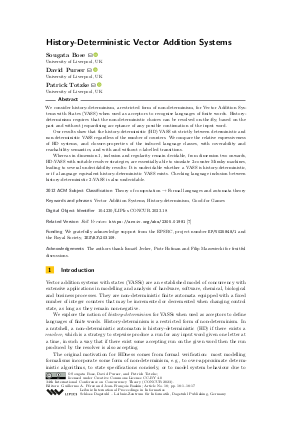LIPIcs.CONCUR.2023.18.pdf
- Filesize: 0.94 MB
- 17 pages

 Creative Commons Attribution 4.0 International license
Creative Commons Attribution 4.0 International license














Feedback for Dagstuhl Publishing